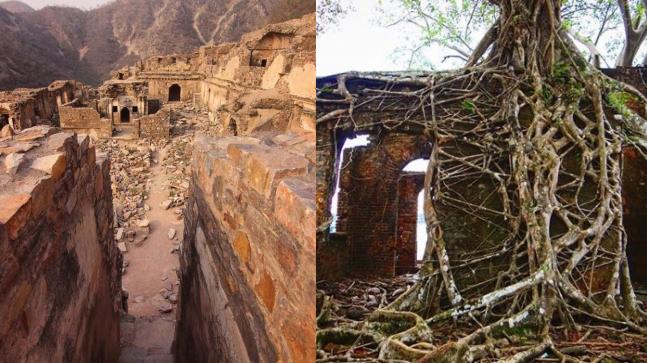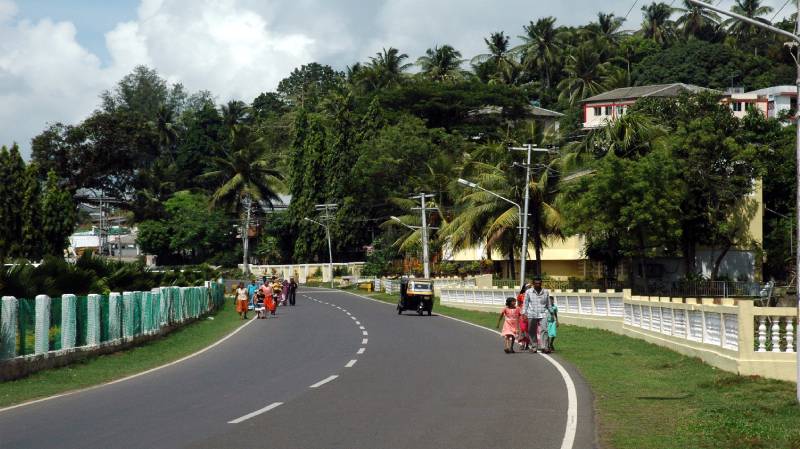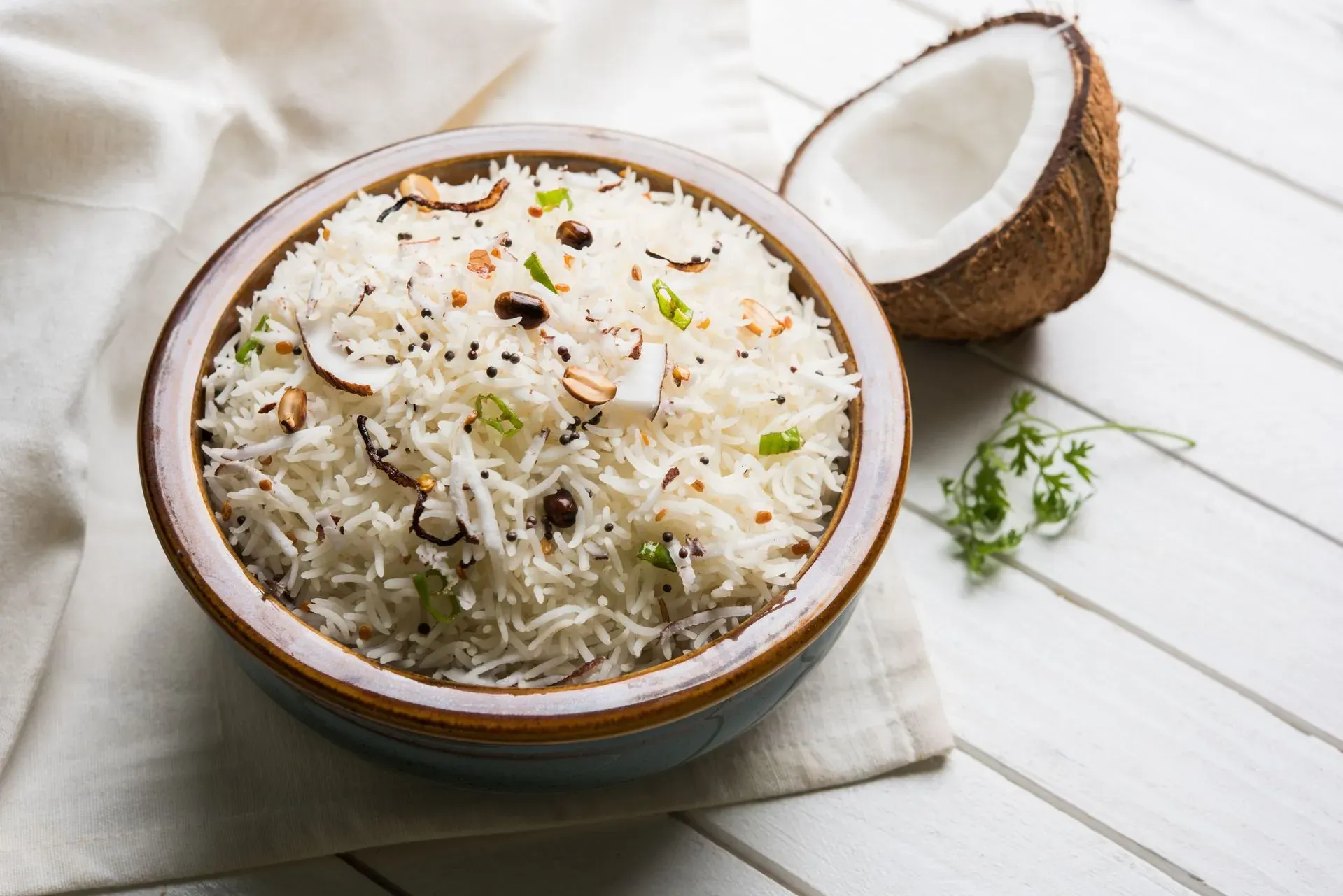Blog Details
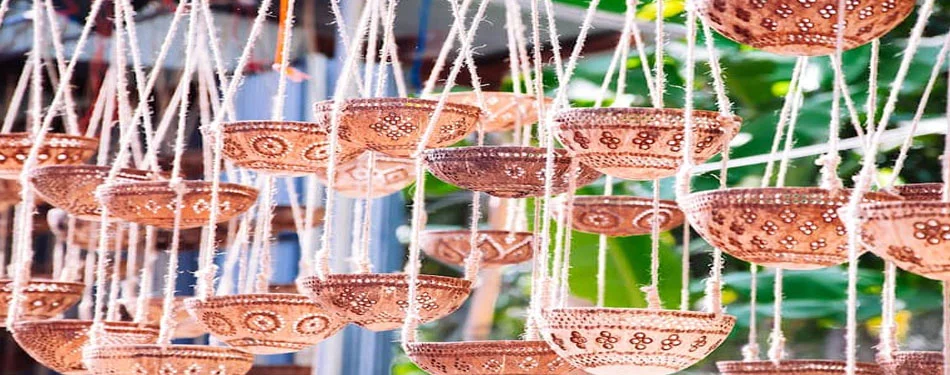
Local Handicrafts & Souvenirs Guide for Travelers
There’s something magical about bringing home a piece of your travels — not just photos, but tangible memories that tell a story. Local handicrafts and souvenirs are more than decorative items; they’re cultural fingerprints, capturing the essence of a place in wood, fabric, clay, or thread.
Whether you’re a casual traveler strolling through a marketplace or a dedicated collector of unique artifacts, knowing what to buy, where to find it, and how to choose authentic items can make your travel experience richer. This guide dives deep into the world of local crafts and souvenirs — from traditional artistry to modern keepsakes — so you can return home with more than just a tan.
Why Local Handicrafts Matter
Supporting local crafts is like casting a vote for cultural preservation. These items are often handmade using skills passed down through generations, preserving heritage and providing livelihoods to artisans. Unlike mass-produced trinkets, every handmade souvenir carries the human touch — imperfections included — making it one-of-a-kind.
Reasons they’re worth your suitcase space:
· Cultural connection: A handcrafted item often carries traditional techniques, symbols, and meanings.
· Economic support: Buying directly from artisans sustains local economies.
· Personal meaning: Your souvenir becomes a travel story starter for years to come.
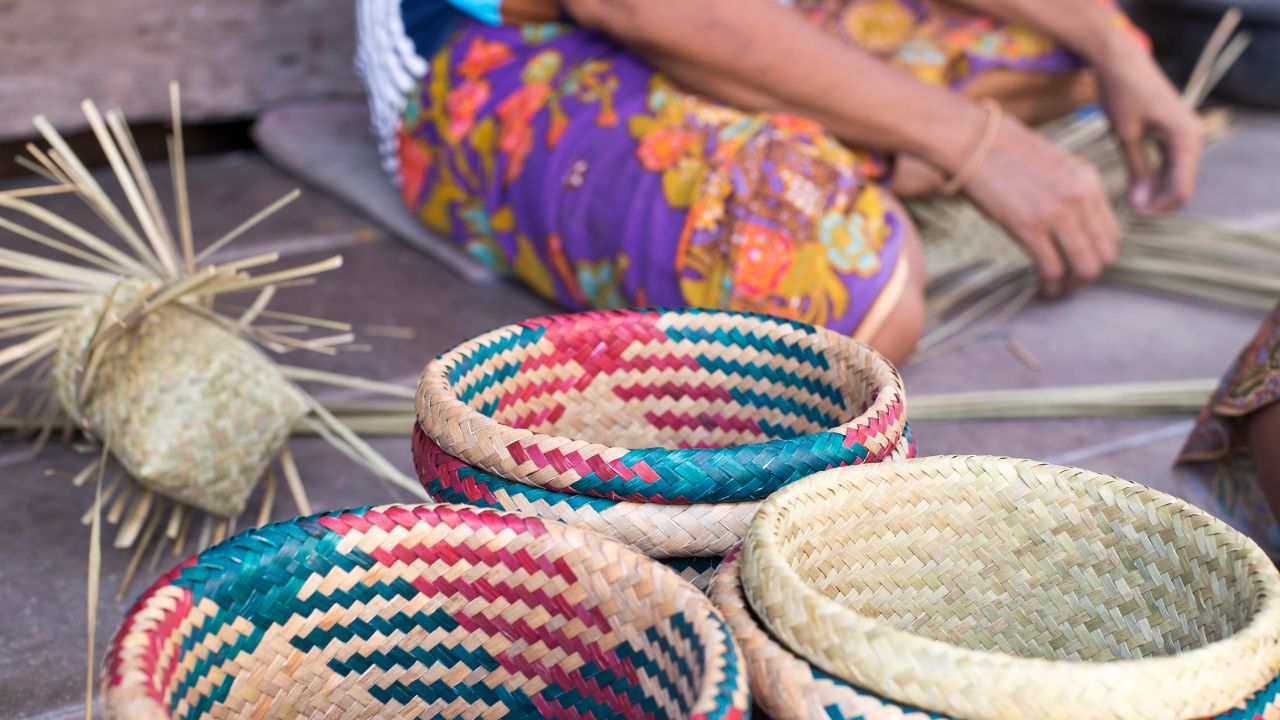
Popular Types of Local Handicrafts
From hand-loomed textiles to intricately carved woodwork, every region offers something distinct. Let’s explore the most sought-after categories.
Textiles & Fabrics
Handwoven fabrics, embroidered shawls, block-printed scarves — textiles often reflect a region’s history and climate. In many coastal or tropical destinations, you’ll find bright, airy cottons. In colder highlands, thick wools and intricate embroidery dominate.
Pro Tip: Check for natural dyes — they often age beautifully and feel softer over time.
Pottery & Ceramics
Pottery tells the story of daily life. From cooking vessels to decorative tiles, clay has been molded into art for centuries. Each region’s clay composition and firing techniques create unique colors and textures.
Example: Blue-and-white pottery from Jaipur, terracotta from West Bengal, or glazed ceramics from Spain’s Andalusian towns.
Jewelry & Accessories
Handcrafted jewelry can range from delicate silver filigree to chunky tribal beadwork. Many designs incorporate local gemstones, shells, or even seeds.
Pro Tip: For authenticity, ask the seller about the origin of the materials — true artisans love sharing their process.
Woodwork & Carvings
Wooden masks, figurines, furniture, and kitchenware showcase a region’s flora and carving traditions. In tropical destinations, you might see teak or coconut wood, while alpine areas favor pine or oak.
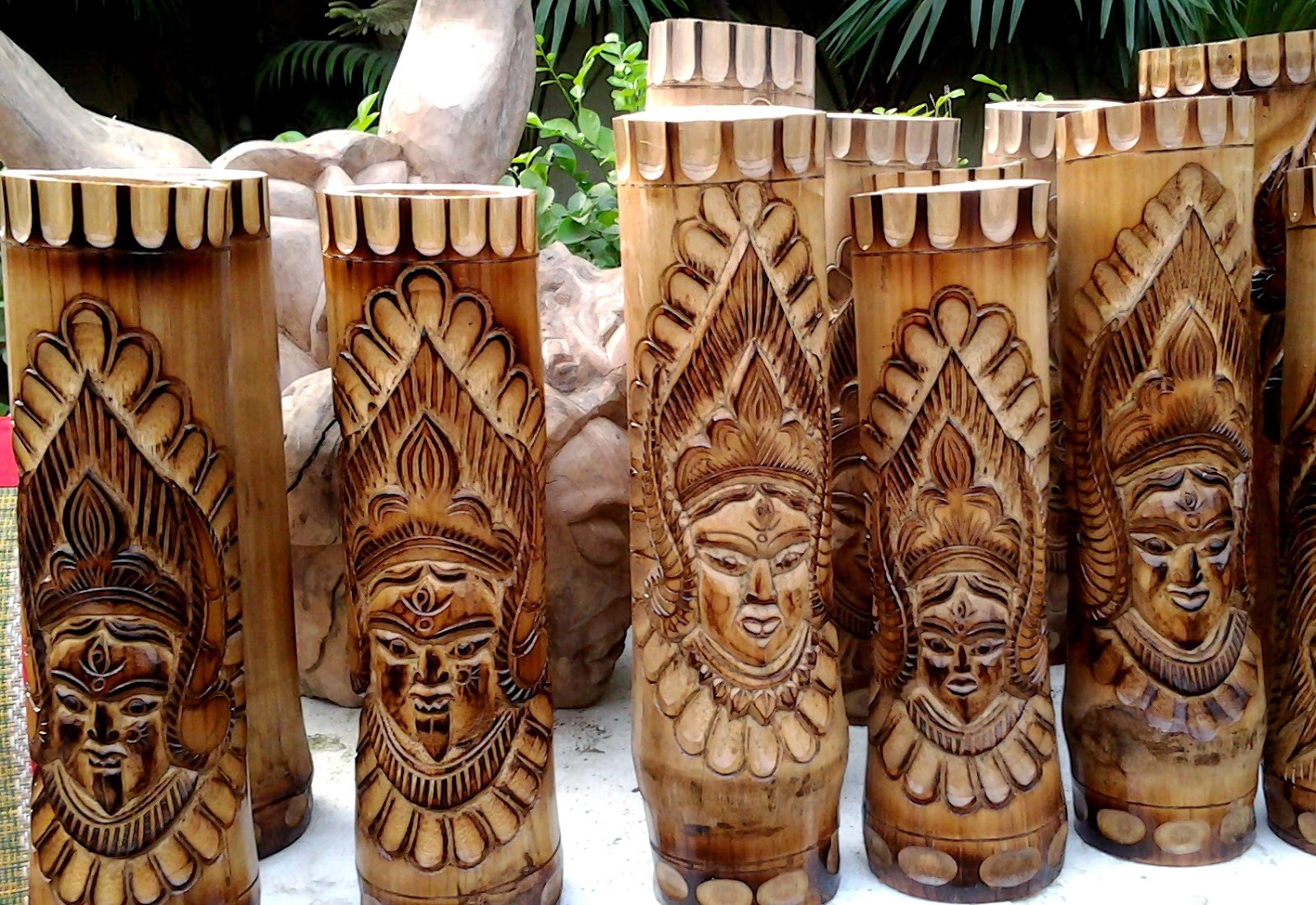
Regional Souvenir Highlights
The charm of local souvenirs lies in their variety. Here are examples from different corners of the world:
Southeast Asia
· Batik textiles from Indonesia
· Lacquerware from Myanmar
· Hand-woven baskets from the Philippines
Europe
· Murano glass from Venice, Italy
· Hand-painted Matryoshka dolls from Russia
· Wool knitwear from Ireland’s Aran Islands
Middle East
· Persian rugs from Iran
· Hand-blown glass lanterns from Turkey
· Spice mixes from Moroccan souks
Where to Find Authentic Handicrafts
Shopping for local souvenirs is an experience in itself — think bustling markets, quaint village shops, and even roadside stalls.
Local Markets & Bazaars
They’re the beating heart of artisanal trade. Go early for the freshest finds and late for bargain hunting.
Pro Tip: Take cash in smaller denominations; many artisans don’t accept cards.
Artisan Workshops
Visiting a workshop not only assures authenticity but also lets you witness the creative process. Many artisans welcome visitors and might customize a piece for you.
Cultural Festivals
Fairs and festivals often host craft stalls with rare, region-specific items not sold year-round.
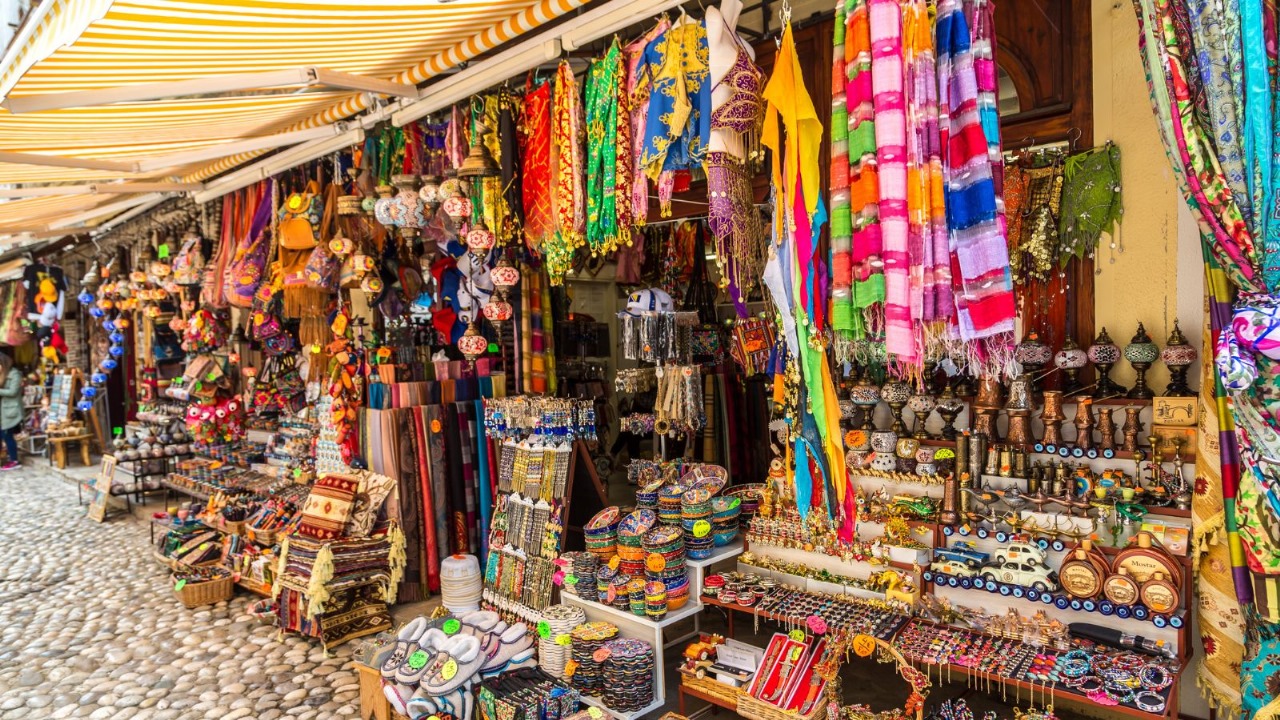
Tips for Choosing the Right Souvenirs
Picking souvenirs is easy — choosing ones that stand the test of time is an art.
· Look for craftsmanship: Examine stitching, carving details, and finishing.
· Ask the story: A good souvenir should come with a tale — who made it, how, and why.
· Check authenticity: Avoid items that look mass-produced unless you’re okay with replicas.
· Mind the materials: Ensure they are legal to take home (e.g., avoid endangered shells or ivory).
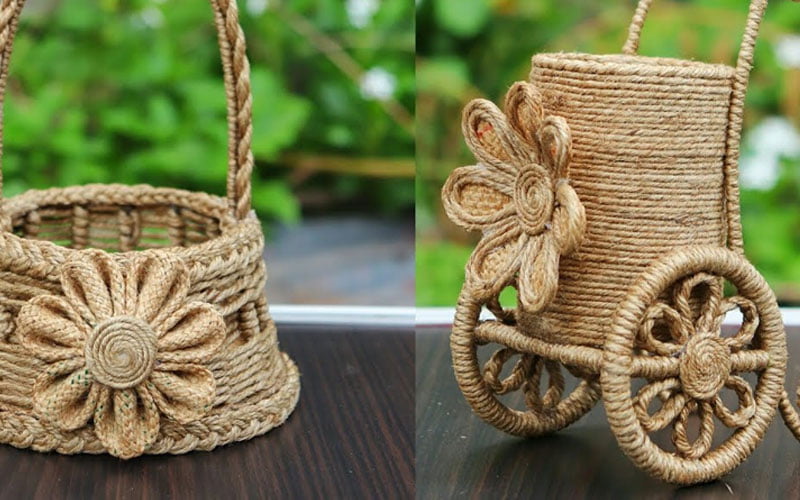
Caring for Your Handicrafts
Your souvenirs deserve the same care you’d give fine art — because in many ways, they are.
· Textiles: Store in a dry place, away from direct sunlight to prevent fading.
· Wood items: Occasionally oil to prevent cracking.
· Jewelry: Keep in separate pouches to avoid scratches.
· Ceramics: Display securely; avoid unstable shelves in earthquake-prone zones.
Making Souvenir Shopping Part of the Journey
Think of souvenir hunting as part of the travel experience — not an afterthought.
· Plan time in your itinerary for exploring artisan areas.
· Learn basic phrases in the local language to connect with sellers.
· Consider buying from cooperatives that pool resources for community benefit.
This way, you’re not just collecting “stuff,” but building meaningful connections.
Conclusion
A well-chosen local handicraft is a bridge between cultures, a tangible memory that lasts far beyond the trip itself. The next time you travel, skip the generic fridge magnets and dive into the markets, workshops, and stalls where tradition lives. You’ll return home with more than a souvenir — you’ll carry a story.
Ready to start your budget-friendly island adventure? Check out Fascinating Andaman for inspiration, itineraries, and tips tailored to travelers like you.
Search
Categories
Recent Posts
